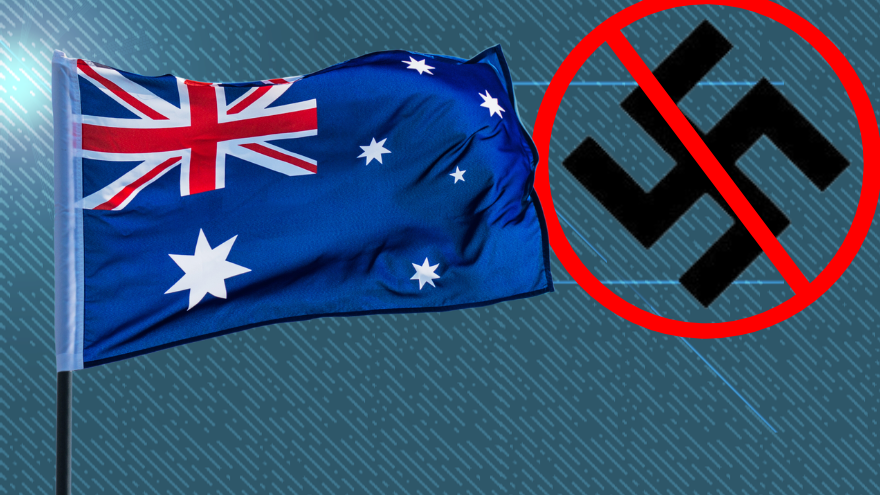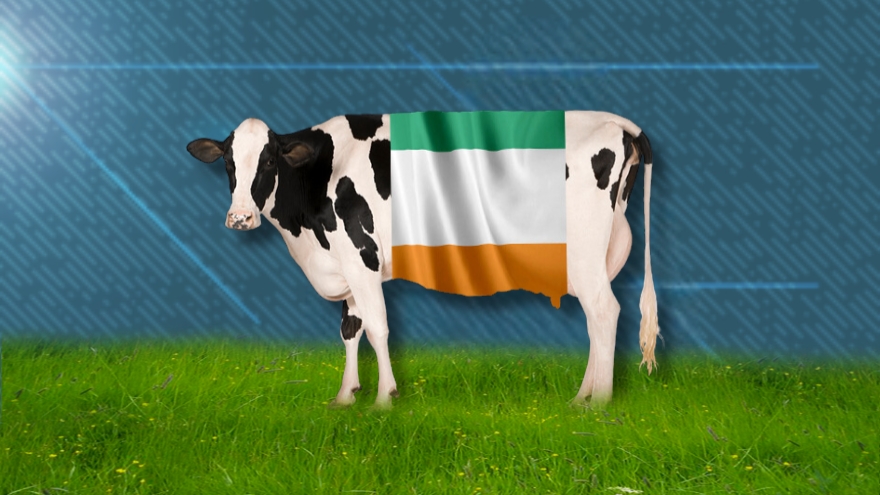The Australian government is preparing new efforts to stop right-wing political activity regarded as extreme or unacceptable.
Attorney-General Mark Dreyfus announced new legislation expanding a federal law banning the display Nazi symbols. The new law would prohibit the sale or trade of Nazi symbols.
“There’s been a rise in this kind of violent far-right activity,” said Dreyfus during a televised interview on June 8. “We think it’s time for there to be a federal law which I’ll be bringing to the Parliament next week.”
“We’ve got responsibility for import and export. We want to see an end to trading in this kind of memorabilia or any items which bear those Nazi symbols,” he continues. “There’s no place in Australia for spreading of hatred and violence.”
Anyone in violation of the ban on the display of Nazi symbols could be sentenced to up to a year in prison should the new law pass the country’s House of Representatives and Senate.
Dreyfus has been accused of using concerns about overt displays of Nazism for his personal political gain. In March, a group of activists was observed performing a Nazi salute on the steps of the nation’s Parliament in Victoria amid a “Let Women Speak" protest. Dreyfus had condemned Opposition Leader Peter Dutton for not speaking out against the incident. Dutton responded by condemning the group involved and questioning the attorney-general.
"I would support any legislation in this parliament that you choose to move, noting that you've not chosen to move any legislation to make illegal in our country the display of any aspect of Nazi glorification," Dutton said while parliament was in session, per ABC News. "It is equally condemned, and that it would be used for political purposes in this place is a very, very poor reflection on you if I might say.”
Notably, Dreyfus’ proposed ban will extend only to Nazi symbols and not the Nazi salute – as originally proposed by Dutton. Both the Nazi Hakenkreuz (the swastika) and the SS Schutzstaffel symbol as well as any image resembling either symbol would be barred from public displays. This could include flags, armbands, or clothing.
Private ownership of the symbols as well as not-for-profit transfers will not be regarded as a violation of the law, per The Guardian.
The proposed ban has a few exceptions. Items related to the practice of Hinduism, Buddhism and Jainism that incorporate a swastika will be permitted as well as “academic, educational, artistic, literary, journalistic or scientific” uses of the symbols.
Government authorities have repeatedly expressed concern about a potential increase in neo-Nazis in Australia.
Mike Burgess, the head of the Australian Security Intelligence Organization, warned in February 2020 that the nation’s “top spies” warned of the increasing threat but that the “biggest threat to national security” was espionage. Burgess noted an increase in public displays from neo-Nazi groups
“It's a sign that those groups are more emboldened and able to come out publicly in their recruitment to push what they believe in and recruit to their cause,” Burgess said while speaking before the Senate, per The Daily Mail. “Does that mean there's been an increase in the numbers of them? I don't necessarily see that correlation.”
He noted his agency did not “fully understand” the increase in people interested in neo-Nazi ideology.

